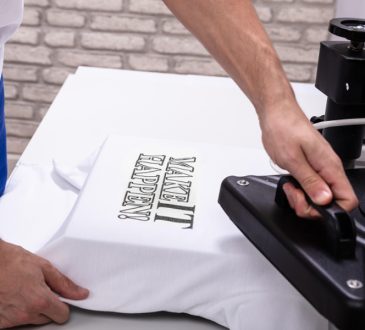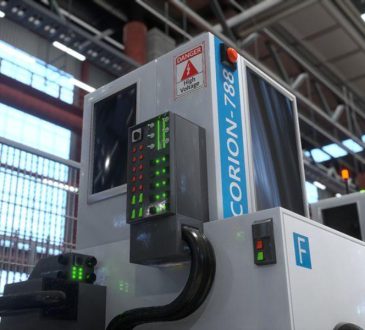
Businesses are constantly seeking ways to increase efficiency while managing operational costs. Packaging plays a central role in this effort. With the right packaging solution, companies can streamline processes, reduce material usage, improve product protection, and save time. When integrated with automated packaging systems, these solutions become even more effective, offering long-term benefits across the entire supply chain.




